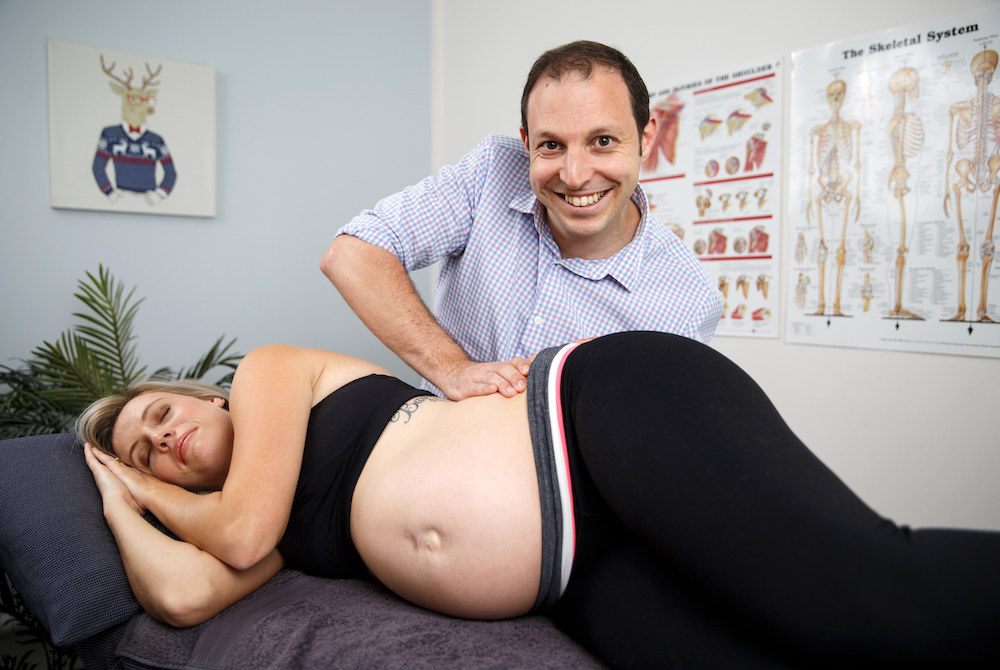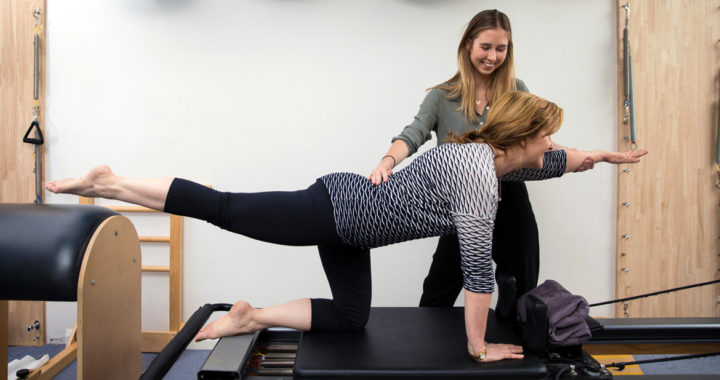Exercising while pregnant – what are DOs and DON’Ts?
By Physiotherapist Madeleine Steiner
Exercising during pregnancy is well considered to be a beneficial and safe practice, with it having many benefits for the body, even in preparation for childbirth. However, there are many questions surrounding exercising during pregnancy and what activities are safe for both the mother and foetus. In this blog, Physiotherapist Madeleine Steiner answers some of the commonly asked questions relating to pregnancy and exercise, and gives some recommendations for what activities can be of benefit.

Is it safe to start exercising while pregnant if I didn’t regularly exercise before?
While it’s true it is probably not the time to achieve your peak fitness, it’s a great time to at least maintain your fitness or moderately improve it. The American Collage of Obstetrics and Gynaecologists recommends that in the absence of any medical conditions or contraindications ‘pregnant women get at least 150 minutes of moderate intensity aerobic activity every week’. So really, there is no time like the present!
What are some of the benefits of regular exercise during pregnancy?
There are many benefits for exercising throughout your pregnancy, such as:
- Promotes healthy weight during pregnancy
- Reduces back pain
- May reduce risk of gestational diabetes, caesarean delivery and preeclampsia
- Improves sleep
- Helps with post-natal recovery
- Can help ease constipation
Is there anything I should consider or avoid when exercising while pregnant?
- Avoid being overheated and drink plenty of water

- Wearing a comfortable supportive bra
- Remember your ligaments and hormones are changing – this laxity can make you more injury prone
- Avoid exercising on your back after 16 weeks for more than 10 minutes – if uncomfortable avoid this altogether.
- Focus on strength and endurance of your obliques, gluts and pelvic floor muscles as they are helping to support your body
- Listen you body! Your body will often tell you if what your doing is right for you.
When should I completely avoid exercise during my pregnancy?
You should always check with your health practitioner regarding what activities you should avoid while pregnant, however you should stop exercising completely if you have any of the following:
- When advised to stop by a medical practitioner
- Pre-existing medical conditions such as heart or lung disease or uncontrolled blood pressure
- Placenta previa, preterm labour or ruptured membranes
- Preeclampsia or pregnancy induced high BP
- Severe anaemia
What are some recommended forms of exercise for pregnancy?
- Pilates: Physio based Pilates which is modified for pregnancy can help strengthen your gluts, pelvic floor and abdominals
- Walking, swimming, water aerobics (water temperature below 28°)
- Low impact exercise like stationary bike riding
Here at Ryde Natural Health Clinic, we offer Pilates for both pre and postnatal women focusing on appropriate abdominal, pelvic floor and glut strengthening and stabilisation. We also address strength by providing exercises that will also help you once your baby is born and prepare your body for lifting, feeding and carrying, as they only get heavier!
If you have any questions, or would like some advice on exercise during your pregnancy, please give our reception a call on (02) 9878 5021.


